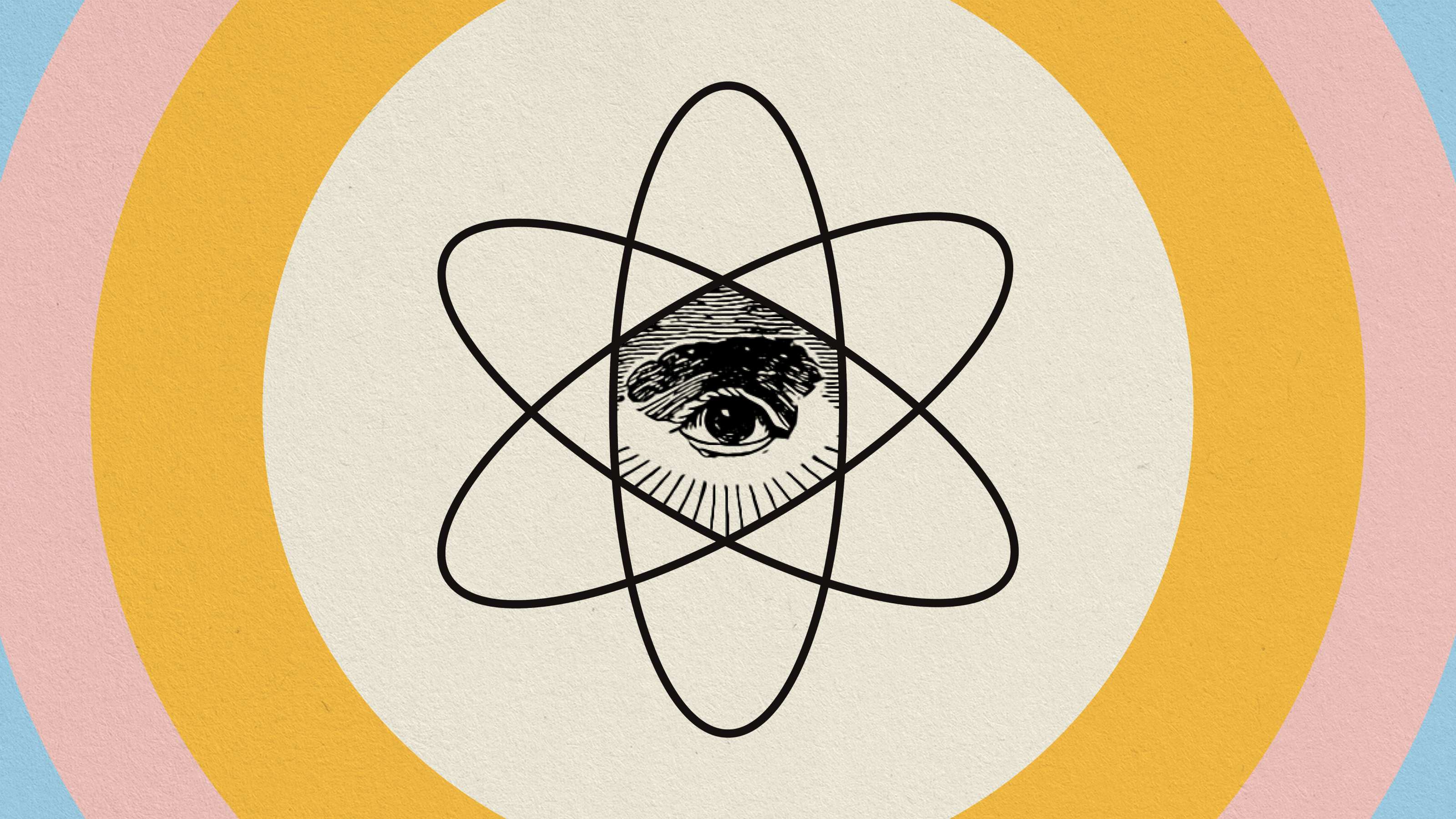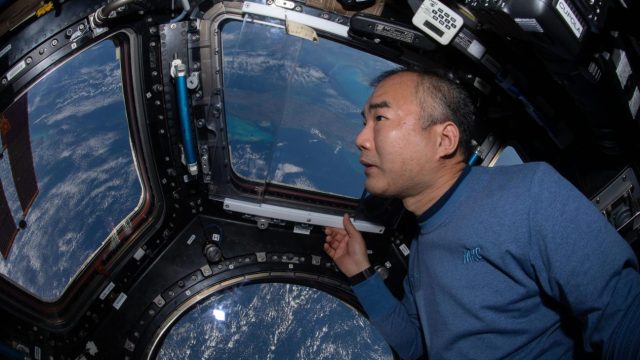The only certain thing about life is uncertainty

- We go through life wanting to make choices based on certainty. But this is not how life works.
- Given the complexity of most situations, and our lack of knowledge of the many variables and contingencies involved, we often do not have a firm foundation upon which to decide on our next steps.
- Even if there is no recipe to choose with full confidence, epistemic humility — acknowledging that we know much less than we think about most things — gives us pause before choosing and an openness to accepting mistakes.
We tend to dismiss what we do not know or cannot predict, choosing instead to latch on to what we think we know. Certainty is the main word here. We want to be certain, confident, in control. But what happens when we aren’t? What happens when we are faced with uncertainty?
I am writing from Boston Logan airport, ready to fly to Brazil. I am confident that the airplanes (three of them!) will perform as they are supposed to, safely, and will arrive on time. Flying presupposes a surrendering to what is predictable. Otherwise, who would step into a huge fuel tank flying at 30,000 feet? Still, the truth is that accidents do happen, even if we try to push them away from our thoughts. At least the bad ones.
We make choices based on what we know from the past. Airplanes are a good example. People who had unhappy flying experiences will think twice before getting onto an airplane. But we also know very little of the past, even if this very little is what we use to make choices about what we will do in the future. Memory is often selective and bound to change in time. We embark on ventures way more confident than our fragmentary knowledge of past experiences would justify. And yet, what else are we to do?
Is physics fate?
Physics used to deify (metaphorically) determinism, the chaining of cause and effect that seems to rule what we see in the world. It makes sense historically, given that early physics was mostly driven by astronomy, in particular the astronomy of the solar system, where orbital patterns of planets and moons are reliably predictive and repetitive. That is why we can predict a total solar eclipse thousands of years in advance. The notion of “fate” reflects this belief that the cosmos and everything in it obey simple mechanistic laws and that the future is predetermined. It’s “fate.”
Unfortunately, reality is much more complex than this. Even in solar system astronomy, there are phenomena that are way too difficult to predict in detail due to our lack of knowledge — a huge solar storm that may affect telecommunications or a small asteroid impact that escapes detection from our telescopes. We treat such phenomena using statistics as the only way to quantify somewhat our lack of certainty. For example, we estimate that there is a high chance that a small asteroid will hit a populated area in about 100 years and so forth. So even if nature is deterministic, our limited knowledge of all the variables and details involved precludes a confident determination of what will happen. You may not like it, but our knowledge of what will happen is statistical at best.
The only certain thing is uncertainty
But of course, nature is not fully deterministic, as complex systems dynamics and quantum physics have taught us. Even if deep down we hope for certainty, we may never be able to attain it. Accidents are an expression of this lack of knowing. A person that drinks and drives, or texts and drives, is definitely increasing the chances that an accident will happen. But there is no guarantee either way. He may hit and kill a poor pedestrian, or he may not. So, we protect ourselves with sayings like, “Better safe than sorry.”
Although there is no perfect recipe on how to make choices, the concept of epistemic humility is quite helpful. Given that we do not have complete — or even close to complete — knowledge of reality and the unfolding of events, the choosing of a position upon which to base a certain decision should always be taken with a huge grain of salt. We cannot expect to know enough to be sure of anything.
We act on fate much more than we care to admit, and humility to accept that is essential. It makes us pause and reflect openly about where we are going, as opposed to arrogantly jumping into something. In fact, arrogance is usually a recipe for disastrous endings. Don’t ever think, “This could never happen to me because I’m wise and I know best.” Besides, having the humility to accept your limitations also helps in learning from your mistakes. This type of humility could someday save your life — or perhaps that of someone around you.





